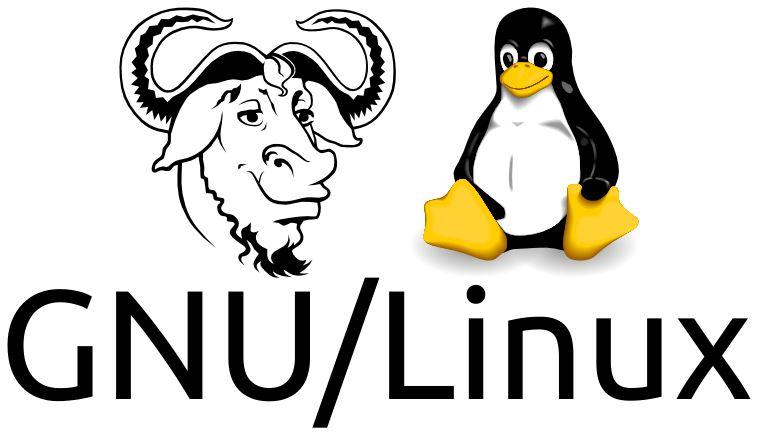Quick look at The GNU C Library Flaw in Linux
The GNU C Library, commonly known as glibc, is a fundamental part of any Linux system. It provides the core libraries for the GNU system and GNU/Linux systems, as well as many other systems that use Linux as their kernel. Recently, three significant vulnerabilities have been discovered in glibc, namely CVE-2023-6246, CVE-2023-6779, and CVE-2023-6780. These vulnerabilities pose a serious threat to major Linux distributions.

The Vulnerabilities
CVE-2023-6246
CVE-2023-6246 is a heap-based buffer overflow vulnerability found in the __vsyslog_internal() function of glibc. This function is used by syslog () and vsyslog () for system logging purposes. The flaw was inadvertently introduced in glibc 2.37 (August 2022) and subsequently backported to glibc 2.36. This vulnerability allows local privilege escalation, enabling an unprivileged user to gain full root access.
CVE-2023-6779
CVE-2023-6779 is an off-by-one heap-based buffer overflow vulnerability found in the __vsyslog_internal() function of glibc. This issue occurs when these functions are called with a message bigger than INT_MAX bytes, leading to an incorrect calculation of the buffer size to store the message, resulting in an application crash. This issue affects glibc 2.37 and newer.
CVE-2023-6780
CVE-2023-6780 is an integer overflow issue in the __vsyslog_internal() function of glibc. This issue occurs when these functions are called with a very long message, leading to an incorrect calculation of the buffer size to store the message, resulting in undefined behavior. This issue affects glibc 2.37 and newer.
Impact and Mitigation
The exploitation of these vulnerabilities could potentially allow an attacker to gain unauthorized access to the underlying host operating system from within the container. Major Linux distributions like Debian, Ubuntu, and Fedora are confirmed to be vulnerable.
To mitigate these vulnerabilities, users are advised to update their systems to the latest versions of glibc as soon as patches are available. In the meantime, users should follow best security practices such as only using trusted Docker images and not building Docker images from untrusted sources or untrusted Dockerfiles.
Conclusion
These vulnerabilities underscore the importance of maintaining up-to-date systems and following best security practices. As container technology continues to evolve, so too will the security challenges it faces. Staying informed about the latest vulnerabilities and understanding how to mitigate them is crucial for maintaining secure and reliable systems.
You think you have a story worth everyone’s time? SUBMIT A STORY and we will publish it.
Share this content:




Post Comment